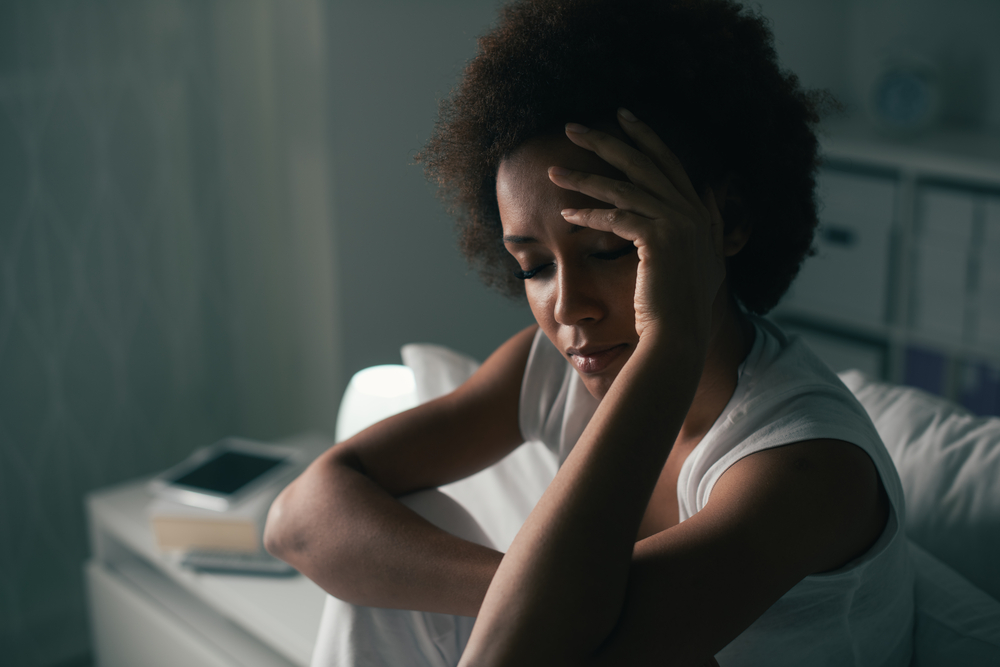It turns out sleep deprivation is even worse for us than we thought. In one of the largest sleep studies ever conducted, Michigan State University’s Sleep and Learning Lab found that previous sleep research has vastly undervalued the harmful impacts of sleep deprivation, and it affects us much more than previous theories have implied.
The research was published in the Journal of Experimental Psychology, and is not just one of the largest sleep studies to date, but the first to evaluate how sleep deprivation affects “placekeeping,” as in, your ability to successfully accomplish goals that require a sequence of steps, regardless of disruption.
“Sleep deprivation doubles the odds of making placekeeping errors, and triples the number of lapses in attention, which is startling,” says Kimberly Fenn, Ph.D, director of M.S.U.’s Sleep and Learning Lab, about the study’s results. “Sleep-deprived individuals need to exercise caution in absolutely everything that they do, and simply can’t trust that they won’t make costly errors. Oftentimes — like when behind the wheel of a car — these errors can have tragic consequences.”
Fenn, along with co-authors Michelle Stepan, a doctoral candidate at M.S.U., and Erik Altmann, Ph.D, professor of psychology, hope their findings will force people to recognize how much sleep deprivation truly inhibits their capabilities, and ultimately inspire them to take sleep more seriously.
“Our findings debunk a common theory that suggests that attention is the only cognitive function affected by sleep deprivation,” Stepan explains. “Some sleep-deprived people might be able to hold it together under routine tasks, like a doctor taking a patient’s vitals. But our results suggest that completing an activity that requires following multiple steps, such as a doctor completing a medical procedure, is much riskier under conditions of sleep deprivation.”
A total of 138 participants took part in the sleep assessment: 77 stayed awake, and 61 went home to go to sleep. All 138 participants were asked to perform two tasks that evening — one assessing reaction time to stimulants, the other assessing their capacity to keep their place in a sequence of steps without excluding or repeating any, despite unexpected disruptions — then again in the morning, to evaluate how sleep-deprivation impacted participants’ performance.
“After being interrupted, there was a 15% error rate in the evening, and we saw that the error rate spiked to about 30% for the sleep-deprived group the following morning,” Stepan explains. “The rested participants’ morning scores were similar to the night before.”
Essentially: The study found that while there may be some tasks people can do while tired and on “autopilot,” sleep deprivation undoubtedly “causes widespread deficits across all facets of life,” severely impacting cognitive abilities.
It’s clear that getting enough sleep is of utmost importance for every aspect of well-being — and especially your productivity. Although ironically, as Shelly Ibach, Thrive’s Sleep Editor-at-Large, points out: “It used to be a badge of honor to be loud and proud about how little you sleep. In many offices and industries, that’s sadly still the case. We’re starting to see a new badge of honor, with people competing on their sleep scores or talking about how they prioritize their sleep – because they want to perform their best!”
If you feel sleep-deprived and ready to adopt a new badge of honor — one of being well rested — here are four sustainable Microsteps that will help you improve the quality of your sleep.
Put your phone to bed — but not in your bed
Thirty minutes before bed, remove all technological devices from the bedroom. Properly disconnecting will help improve your sleep and ability to properly recharge. You can even get your phone its own bed!
Set an alarm for bedtime
Actually, set it for 30 minutes before bedtime. This will remind you to start getting ready for bed, and give you enough time to accomplish what you need to before you get some shut-eye.
Set a caffeine cutoff
Consuming caffeine too close to bedtime can severely impact your ability to fall asleep. Try cutting off your caffeine intake at 2 p.m., or if that’s not realistic, simply switch to decaf.
Read a physical book
You can read anything — fiction, nonfiction, a book of poetry — as long as it’s an actual book and doesn’t emit blue light. And make sure it has nothing to do with your day job — this is about relaxing the mind, not thinking about your next workday!
Follow us here and subscribe here for all the latest news on how you can keep Thriving.
Stay up to date or catch up on all our podcasts with Arianna Huffington here.


